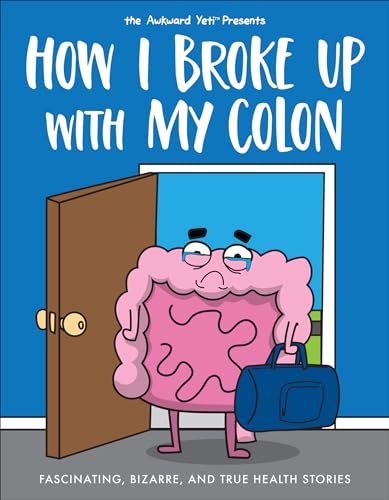Sublime
An inspiration engine for ideas
Dr. James Fries, a professor of medicine at the Stanford University School of Medicine.
Jeffrey Bland • The Disease Delusion: Conquering the Causes of Chronic Illness for a Healthier, Longer, and Happier Life
Apples also contain a hefty amount (4–5 grams) of dietary fiber that feeds the gut microbiome.
William W Li • Eat to Beat Your Diet: Burn Fat, Heal Your Metabolism, and Live Longer
vitamin D plays an important role in sustaining a healthy microbiome
William Davis • Super Gut: A Four-Week Plan to Reprogram Your Microbiome, Restore Health, and Lose Weight
Diversity of plants is the number one predictor of a healthy gut microbiota
Will Bulsiewicz MD • Fiber Fueled
level of optimism, your skin’s appearance, your energy level, your empathy for other people, and your romantic life.
William Davis • Super Gut: A Four-Week Plan to Reprogram Your Microbiome, Restore Health, and Lose Weight

Begin a four-week course of curcumin, 300–600 milligrams twice per day, to rebuild the intestinal barrier and address dysbiosis.
William Davis • Super Gut: A Four-Week Plan to Reprogram Your Microbiome, Restore Health, and Lose Weight
It’s all about the cruciferous veggies, specifically broccoli, Brussels sprouts, cabbage, cauliflower, and kale. But there is one food that dominates all others in terms of offering more sulforaphane: broccoli sprouts. These
Will Bulsiewicz MD • Fiber Fueled
Vegetables: Mixed greens, kale, spinach, collard greens, mustard greens, broccoli, chard, cabbage, onions, mushrooms, cauliflower, Brussels sprouts, sauerkraut, kimchi, pickles, artichokes, alfalfa sprouts, green beans, celery, bok choy, watercress, asparagus, garlic, leeks, fennel, shallots, scallions, ginger, jicama, parsley, water chestnuts,
... See more